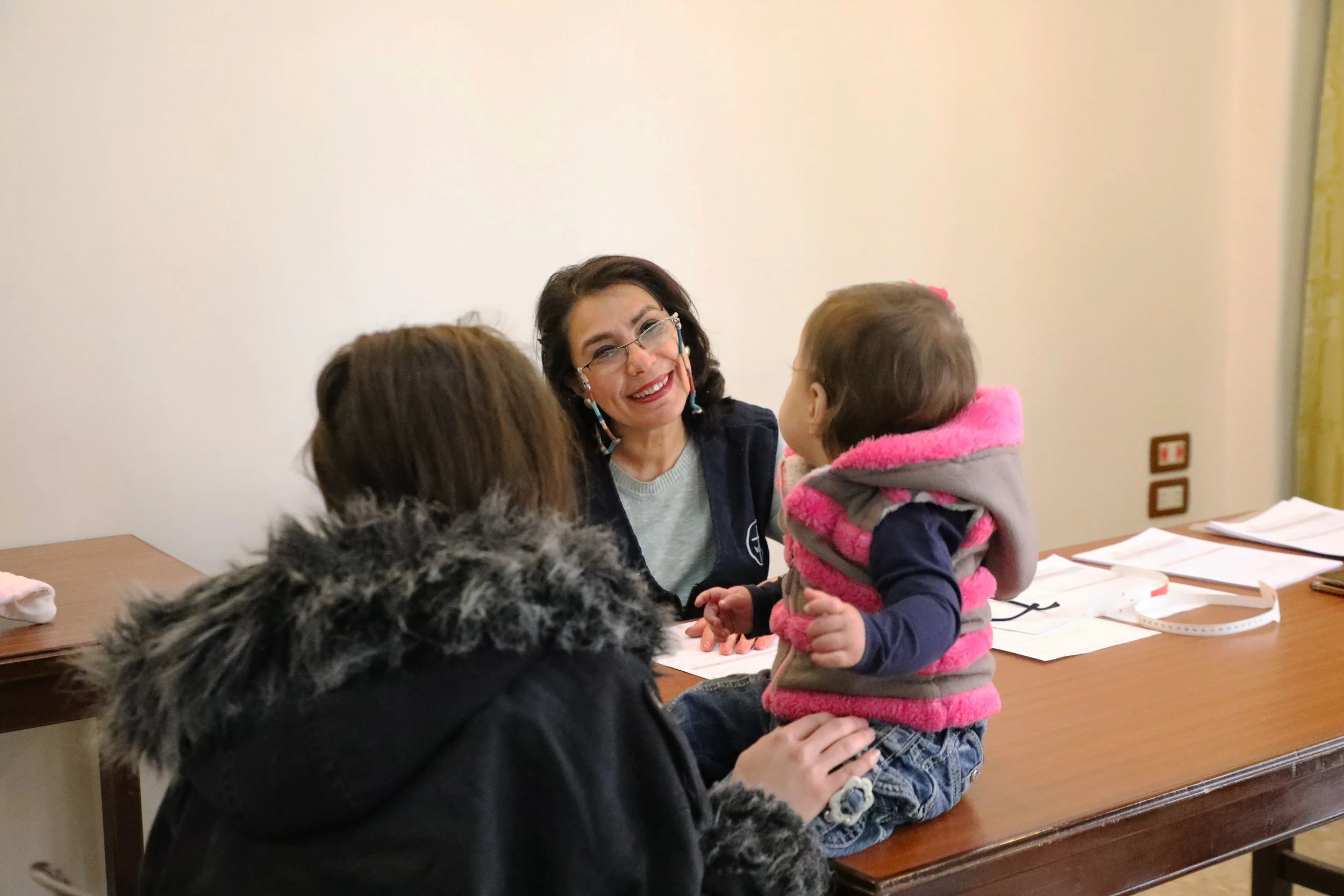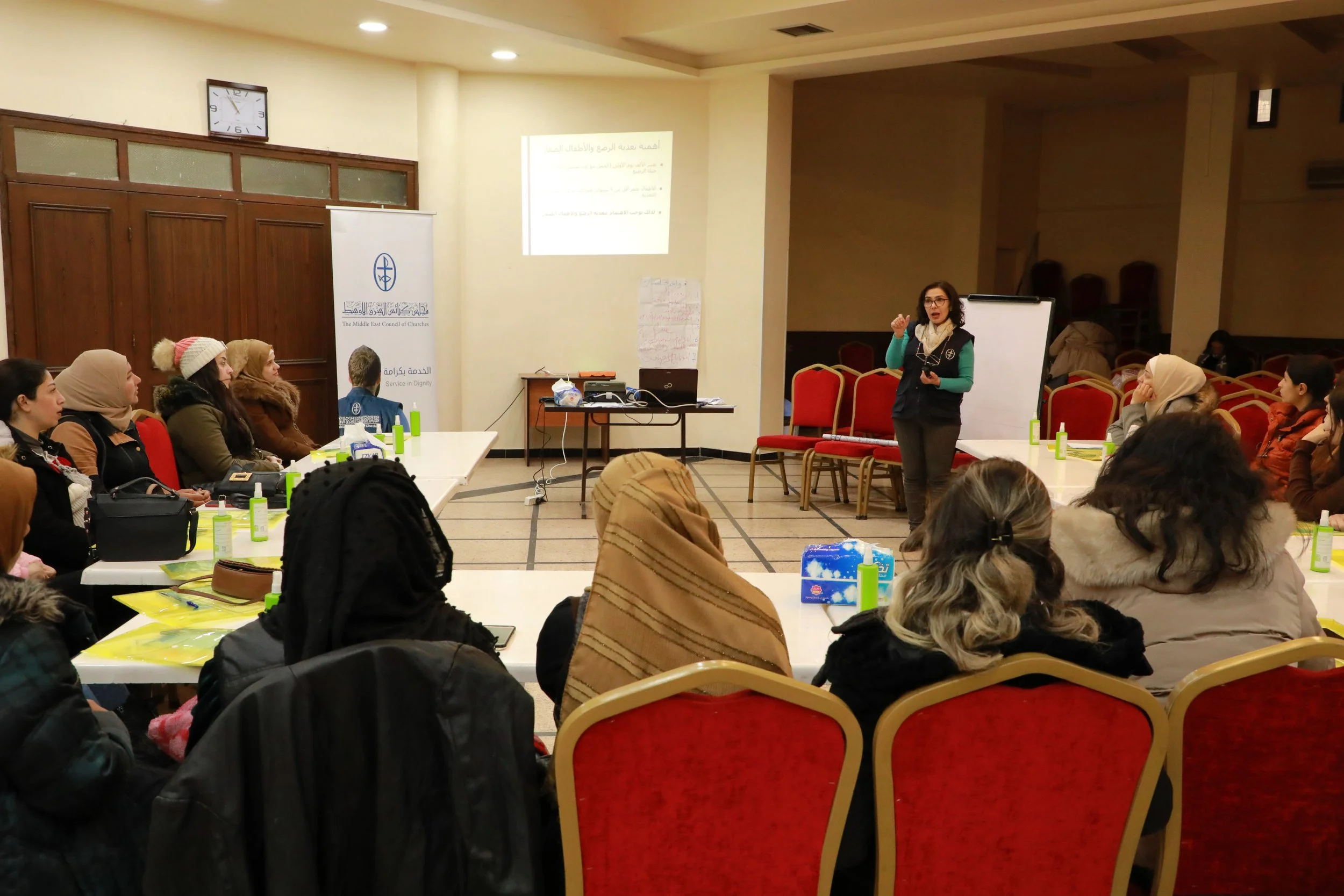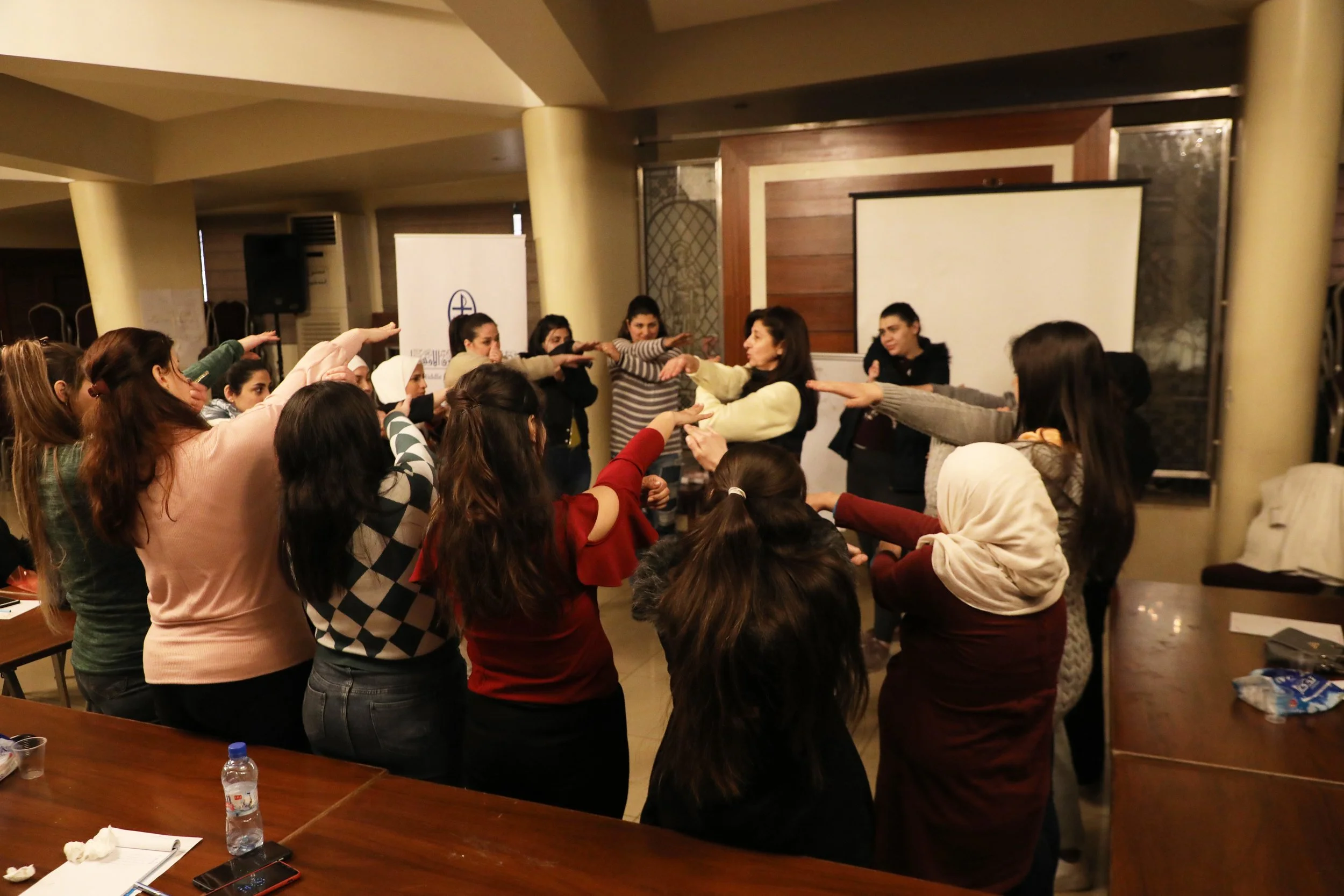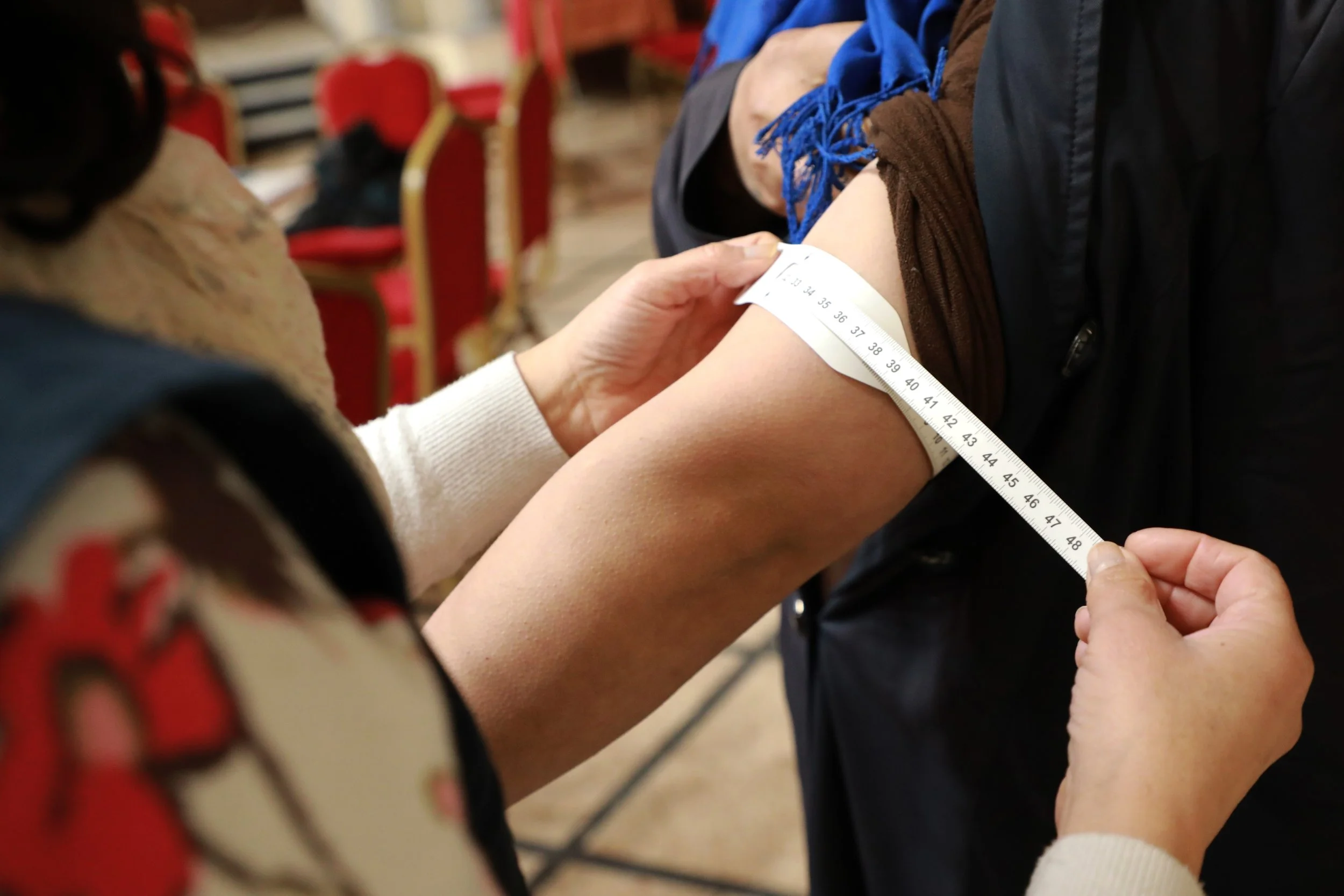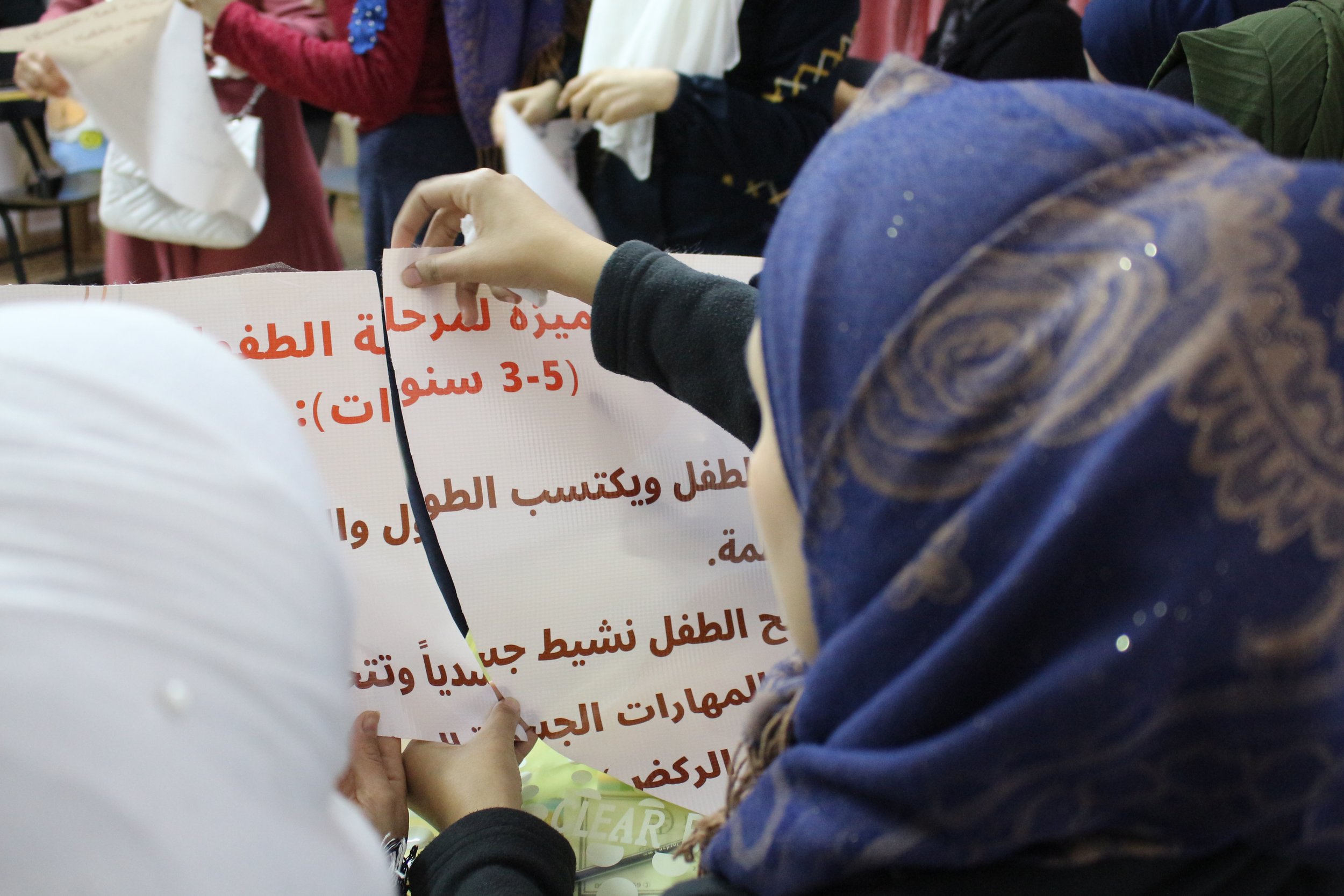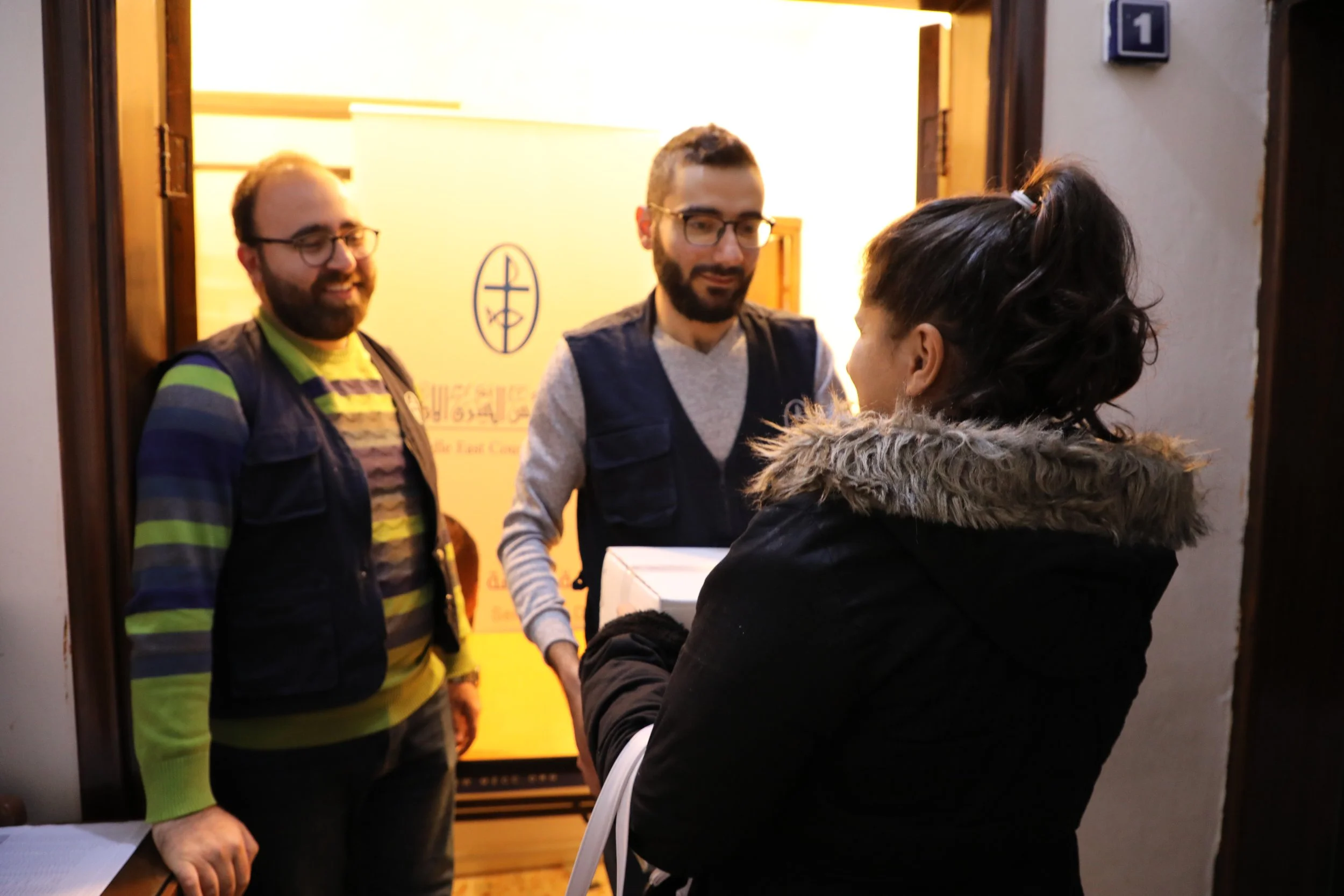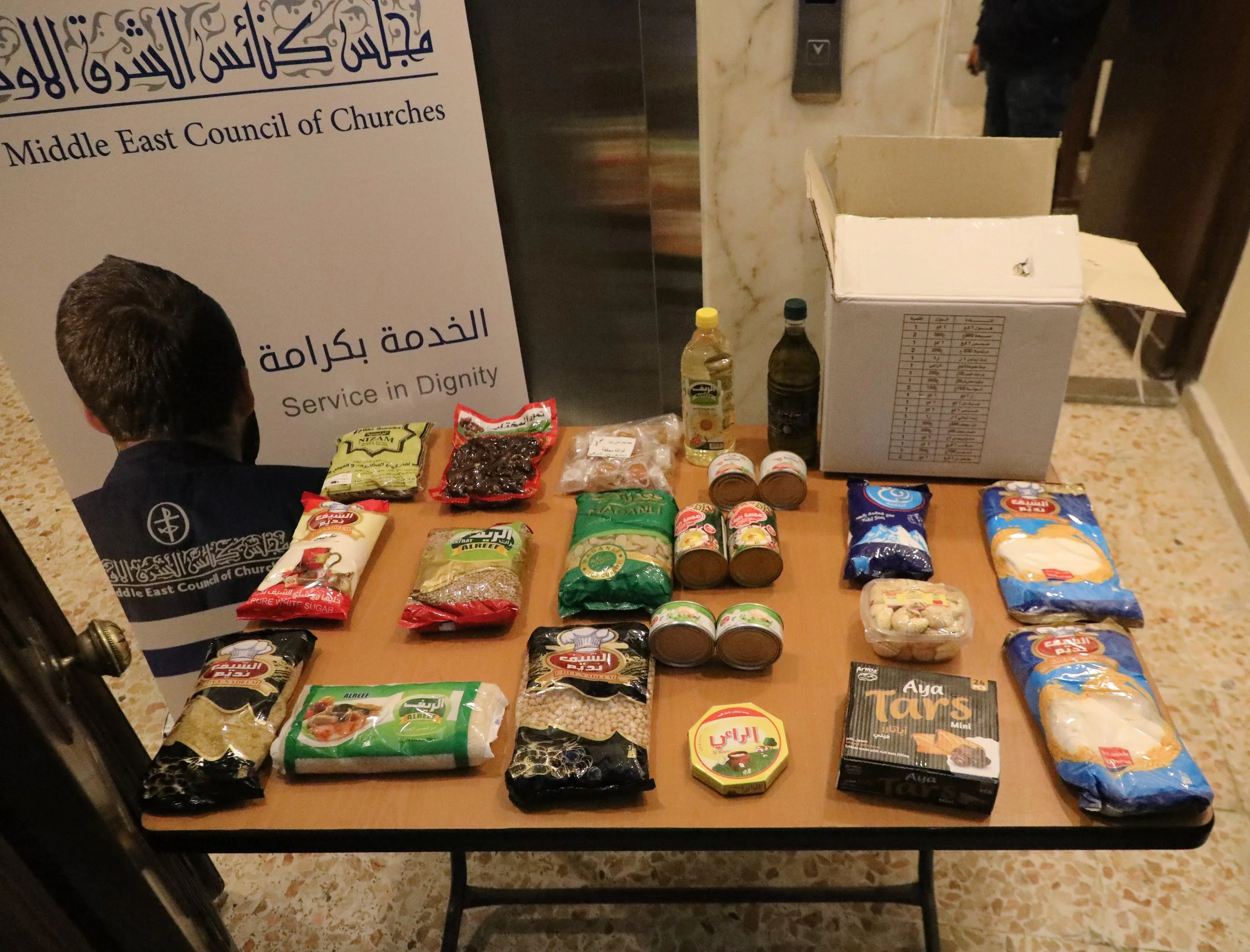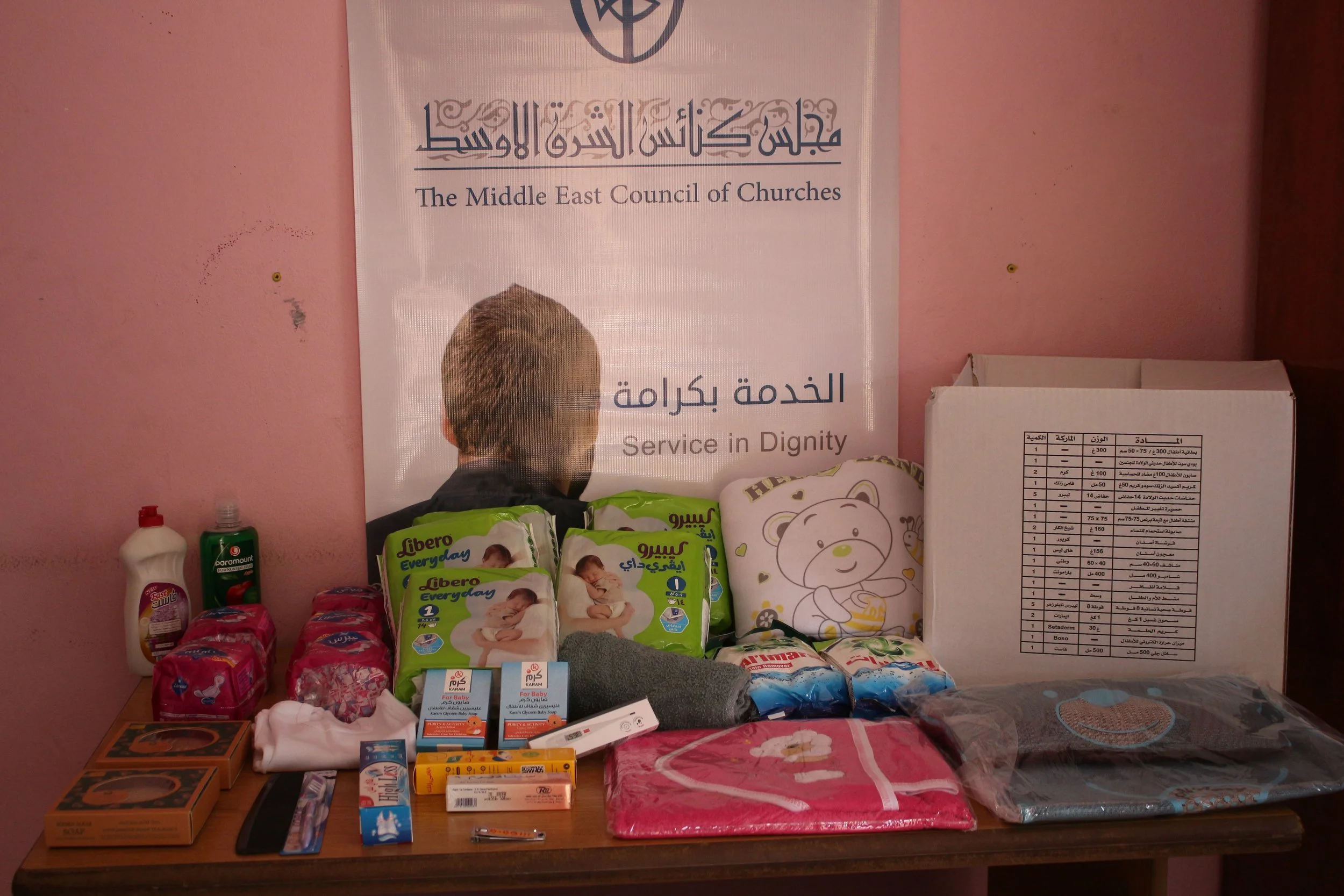The Best Possible Start in Life...
Awareness Sessions for Pregnant and Lactating Women about Infant and Young Child Feeding
Breastfeeding is an important source of nutrition for infants to obtain essential nutrients for growth in the first months of life. Breast milk is considered the first vaccine for infants, protecting them from many common childhood diseases, as it contains antibodies that help protect infants against many common childhood illnesses and strengthen their immune systems.
WHO recommends that infants initiate breastfeeding within the first hours of birth and be exclusively breastfed for the first 6 months of life – meaning no other foods or liquids are provided, including water, as it enhances sensory and cognitive development.
Breastfeeding should be continued along with introducing appropriate complementary foods for up to 2 years of age or longer.
The Service and Relief – Diakonia Department, at the Middle East Council of Churches, Syria’s Office, implemented Infant and young child feeding (IYCF) and psychosocial sessions for 240 pregnant and lactating women in Damascus and Dara’a governorates. The sessions provided the needed information about the importance of breastfeeding and its physiological and psychological advantages for both the infant and the mother.
The sessions also covered everything related to breastfeeding, the challenges that breastfeeding mothers face, in addition to the clarification of some misconceptions, as well as complementary feeding for infants, maternal nutrition and feeding a child during illness.
During the psychosocial support sessions, the mothers were introduced to the correct methods of dealing with exhaustion and self-care, self-confidence building skills, understanding children and their opinions and feelings, developmental characteristics of children age from 0 to 5 years old, and the effective communication with children.
At the end of the sessions, all participating women received a food basket as well as mother and baby kit. They also received an additional food basket for two consecutive months. The food baskets included necessary food items for pregnant and lactating women. The specialist who was with the participants also held six 1 to 1 individual counseling sessions to follow up on the Pregnant and lactating women (PLW) and child's condition.
One of the participants, who is a mother of two children and six months pregnant, said, “I used to feed my baby formula milk because I thought I couldn't breastfeed. I didn't see any problem with this, and when I attended the course, I strongly defended the idea of giving formula milk to infants and believed that its benefits were equal to the benefits of breast milk. But when Dr. Reem talked about the correct way of breastfeeding and common breastfeeding problems, I knew that I could have breastfed my baby if I had been more patient and followed the correct way of breastfeeding."
Another participant said, "The counseling sessions were very helpful, as it was an opportunity to get special health advice, especially since I am pregnant and cannot visit the doctor frequently because I do not have enough money for that. The specialist helped me to know the proper quantities and types of nutrients I should consume during pregnancy. Since each pregnant woman is a special case, it was good for each one of us to meet individually with the specialist. She also helped me prepare for breastfeeding my baby to avoid the difficulties I faced before."

